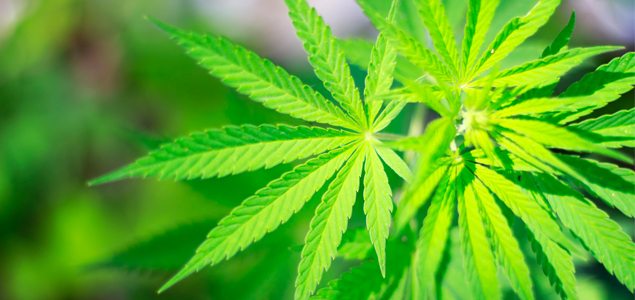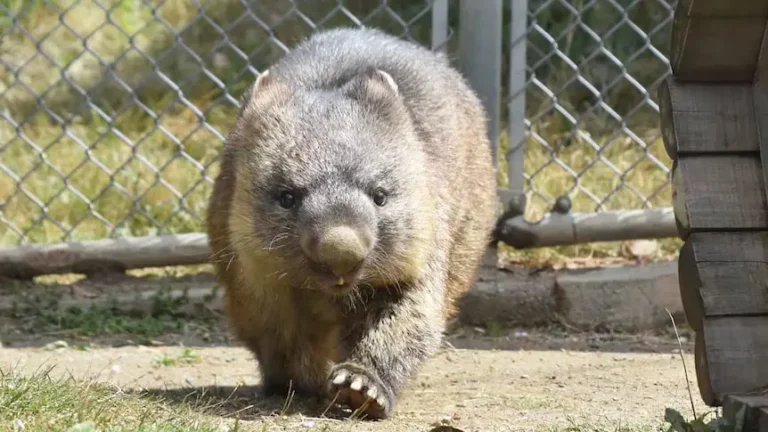Uruguay became the first country to legalise marijuana this week and some believe this pioneering move will be closely watched by other countries considering drug liberalisation.
The Uruguayan government has said it will oversee the growing, sale and distribution of marijuana. Residents over the age of 18 will be allowed to purchase up to 1.4 ounces, roughly 40 grams, of the substance each month.
Approved by 16-13 votes in the senate, the government-sponsored bill will aim to wrestle business from criminals and illegal drug syndicates already well operating in the small south American nation.
“We begin a new experience in April. It involves a big cultural change that focuses on public health and the fight against drug trafficking,” Uruguay’s first lady, Senator Lucía Topolansky, told reporters.
Users will be registered on a government database that will monitor their use and purchases from month to month.
The law will officially be implemented in 120 days, so 6 months from now Uruguayans will be allowed to plant and grow six marijuana plants in their home very year – or as much as 17 ounces (480 grams).
Locals will also be able to get together in groups and smoke the marijuana, smoking clubs can consist of 15 to 45 members and can grow a combined 99 plants per year.
Medical marijuana will be available over the counter from licensed pharmacies from April.
More and more, the legalisation of some narcotics is being seen as a viable alternative to quell drug trafficking in Latin America, as government leaders strive to end violence spawned by drug trade.
If all goes well, other rich countries could consider decriminalising marijuana which have until now followed suit with the US-led “war on drugs”.
Canada, the Netherlands and Israel all have legal programs in place for medical cannabis but none have allowed cultivation for the plants for recreational use as yet. The Decriminalization of all drug possession by Portugal in 2001 has been heralded a success for reducing drug violence while at the same time not increasing drug use.
“We’ve given this market as a gift to the drug traffickers and that is more destructive socially than the drug itself, because it rots the whole of society,” Uruguay’s leftist president, Jose Mujica, told reporters defending the initiative.
Interestingly Uruguay, which is home to 3.3 million people, has a much lower incidence of drug-related violence than its latin American neighbours Colombia and Mexico. Yet one-third of all the nation’s prison inmates are serving time on charges related to narcotics trafficking because Uruguay become a transit route for local Paraguayan marijuana and Bolivian cocaine.
Opponents of the new legislation have criticised the move arguing that it will not only serve to increase consumption but open the door to the use of harder drugs than marijuana.
“Competing with drug traffickers by offering marijuana at a lower price will just increase the market for a drug that has negative effects on public health,” Senator Alfredo Solari of the conservative Colorado Party told reporters
“This development in Uruguay is of historic significance,” argued Ethan Nadelmann, founder of the Drug Policy Alliance.
“Uruguay is presenting an innovative model for cannabis that will better protect public health and public safety than does the prohibitionist approach,” he added.
If the legislation works, Uruguay could provide inspiration and momentum for a whole host of other nations grappling with drug related health and safety issues.
What do you think, can legalising marijuana be a step in the right direction for tackling issues on drugs? Would you support such a move? Share your thoughts with us in the comments section below.







